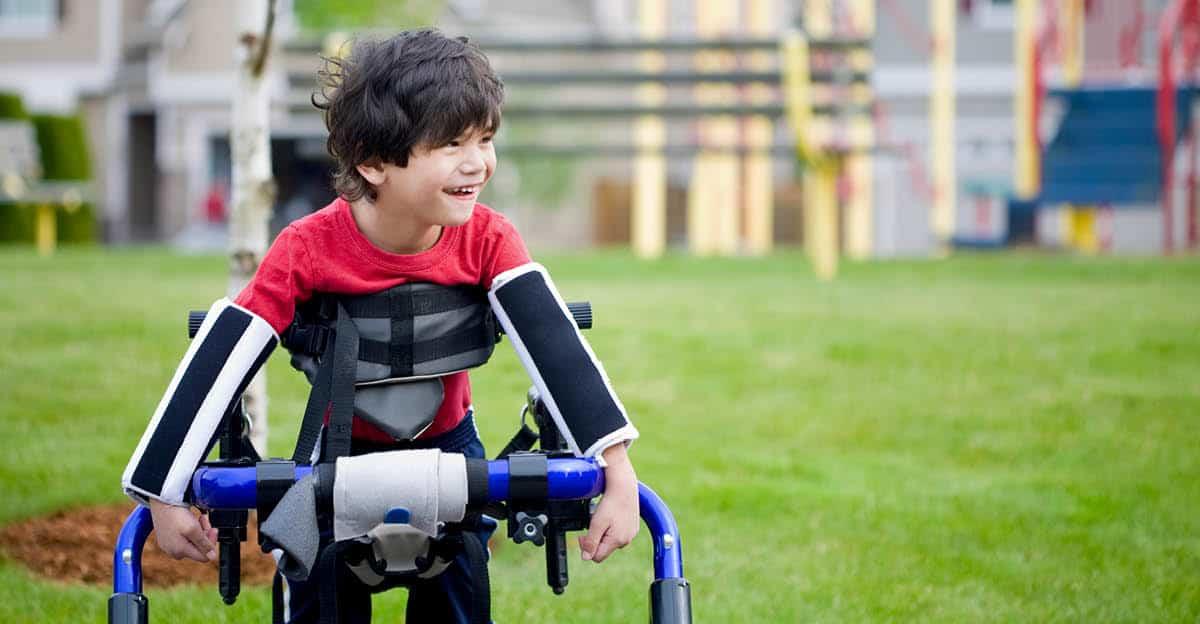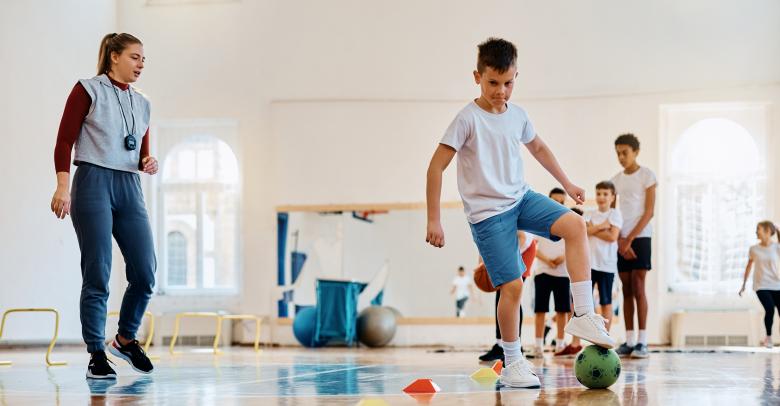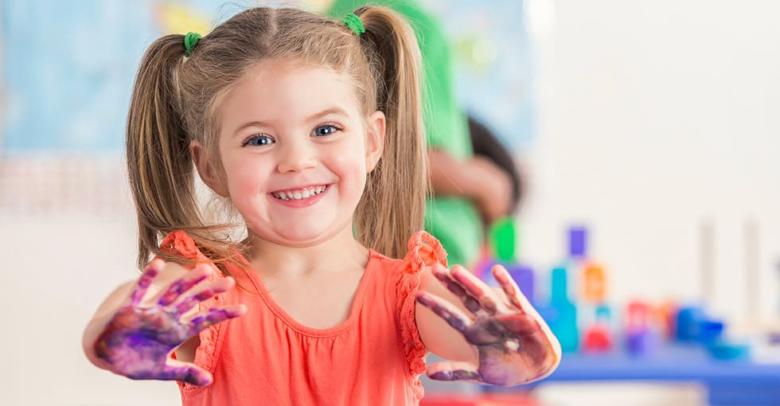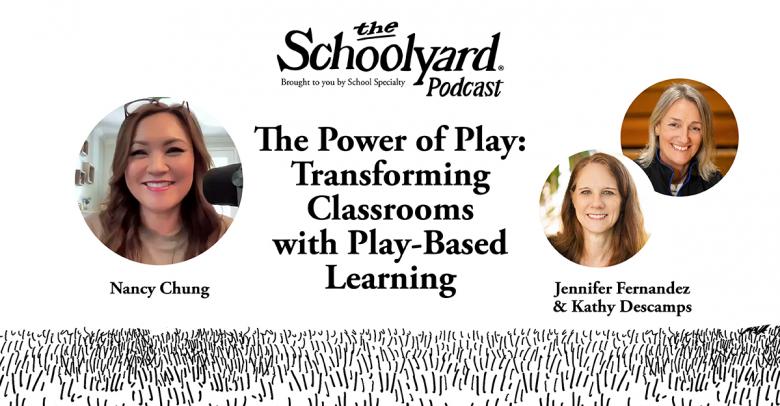Exercise can provide significant benefits for children in all of the developmental stages of life. It only makes sense, then, that regular participation in physical education classes would also promote positive advancements in students with special needs.
Research has shown that physical education programs can do a great deal to improve the lifestyle of children with special needs; they can increase competency in gross motor skills, help to control obesity, improve self-esteem and social skills, encourage an active lifestyle, and maintain motivation in various areas of life.
3 Considerations for Physical Education Teachers
Often, there are challenges to including children with disabilities in a physical education program. Parents may be apprehensive about allowing their child with special needs to participate in physical education activities. Studies have shown that special education students are less likely to enroll in physical education, and consequently, further studies have found that special education students are more at risk of developing childhood obesity than their general education peers. Yet, many resources have begun to make it easier to include children with special needs in physical education endeavors.
Physical education teachers simply need to determine the abilities of students with special needs, and the measures that may need implementing to support their participation in sports and fitness. Some children with difficulties may need DAPE (developmental adapted physical education) to help promote physical fitness, fundamental motor skills, and more, whereas others will simply need the support and encouragement to participate in regular physical education activities.
3 Benefits of PE for Students with Special Needs
Following, we’ll address just some of the amazing benefits students with special needs can experience with the right exposure to regular activity.
Physical Improvements
A scientific study into disability groups has found that participation in physical activity and sport leads to improved levels of well-being and physical health. Children who have a diagnosed intellectual disability may have additional physical disabilities which can result in below age-level performance in typical motor skills. Regular involvement in physical education and sport can help them to develop the skills they need.
When encouraged to participate in frequent fitness measures, many students with special needs see improvements in everything from their hand-eye coordination and flexibility, to their muscle strength, endurance, and even cardiovascular efficiency. These are all simply the natural benefits of exercise a development of better motor skills and enhanced physical health that helps individuals to fight back against problems such as obesity, and the health complications that follow.
Mental Improvements in Confidence and Well-Being
Regular exposure to sports through physical education classes isn’t only good for a child’s body it’s beneficial to their mind, too. Physical activity improves general mood and wellness in psychiatric patients suffering from anxiety and depressive disorders. What’s more, regular fitness links to improvements in self-esteem, social awareness, and self-confidence all essential for empowering the lives of young people with special needs.
Providing a physical outlet may help students reduce or cope with anxiety, stress and depression while interaction and involvement with other students will help to give children a sense of accomplishment and confidence. For students with special needs, developing a sense of self-esteem can be particularly important, as they may often feel isolated and removed from the group. These children (They) need their physical education teachers to involve them in environments where they can feel as though they’re successfully contributing to a group (can feel successful or are successful), and their abilities in other areas will improve according to (as a result of) their positive self-image and confidence.
Behavioral Improvements in Attention, Relationships, and Academics
Finally, the hands-on nature of physical education leads to cognitive improvements in children with special needs, allowing them to access skills that they couldn’t challenge within a traditional classroom setting. The structure of sport – which comes with a set of rules and organization, can be a learning tool that helps children to practice self-regulation and enhance their decision making skills. On top of that, children with special needs can learn to focus on specific goals, and work on their verbal communication by interacting with peers through sport.
Physical education is about a lot more than simply learning how to engage in a particular sport it teaches children a range of skills, from how to work as a team, to how to solve problems, increase attention span, and focus on task-based behavior. Eventually, those skills can transfer into other classroom settings too, so that students with special needs have a greater ability to learn and engage with their peers outside of physical education.
The Importance of Physical Education for Special Needs Children
Scientific research has demonstrated repeatedly that physical education can enhance academic performance and cognitive function. However, for children with special needs, it’s valuable for so many reasons, from providing an opportunity to build collaborative and social skills, to teaching individuals how to focus on specific goals and overcome obstacles. Parents and teachers are encouraged to find creative ways to implement reasonable accommodations to ensure that all students with special needs can be successful in physical education and the school environment.






This article beautifully highlights the crucial role physical education plays in the lives of children with special needs. It’s so inspiring to see how physical activity can boost their confidence, social skills, and overall well-being. Thank you for shedding light on such an important topic!
This was a fantastic read! I love how you highlighted the importance of physical education for children with special needs. It’s so inspiring to see how these programs can improve not just physical health, but also social skills and confidence. I appreciate the focus on inclusivity and the benefits that tailored activities can provide. Thank you for sharing these valuable insights!